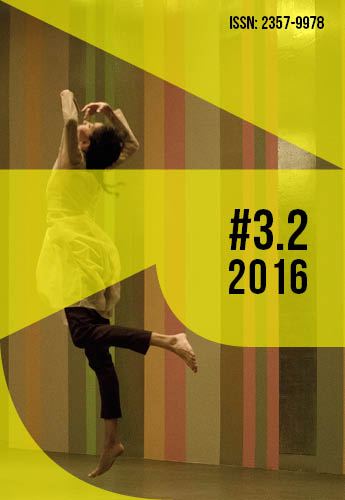Katherine Dunham and Maya Deren on ritual, modernity, and the African Diaspora
DOI:
https://doi.org/10.36025/arj.v3i2.10756Keywords:
Katherine Dunham, Maya Deren, Haiti, Voodoo, RitualAbstract
In the early 1940s, Katherine Dunham engaged the future experimental film-maker Maya Deren to act as her secretary. In 1946 Deren wrote about the importance of ritual in her films, two of which had been made with dancers from Dunham’s company. The following year she made her first visit to Haiti to study and film voodoo rituals that had been the subject of Miss Dunham’s research. These rituals was then generally seen as a survival from a more ‘primitive’ stage of human development that modern educated people, like Dunham and Deren, were not supposed to believe in. This paper shows that Dunham and Deren each used their experiences of voodoo to define a modern approach to spirituality that was grounded in an Africanist approach to the dancing body that was very different from the idea of disembodied transcendence which runs through the European philosophical tradition.
Downloads
References
DEREN, Maya (2001) ‘An Anagram of ideas on art, form, and film’ in Bill Nichols (ed.) Maya Deren and the American Avant-Garde, Berkley: University of California Press.
DEREN, Maya (1983) Divine Horsemen: The Living Gods of Haiti. New York: McPherson & Company.
DUNHAM, Katherine (1994) Island Possessed Chicago: University of Chicago Press.
Downloads
Published
How to Cite
Issue
Section
License
Copyright (c) 2016 Burt Ramsay

This work is licensed under a Creative Commons Attribution-NonCommercial-ShareAlike 4.0 International License.

This work is licensed under a Attribution-NonCommercial-ShareAlike 4.0 International (CC BY-NC-SA 4.0) License.
Authors retain copyright, while licensing their work under a Attribution-NonCommercial-ShareAlike 4.0 International (CC BY-NC-SA 4.0) License.


 English
English Português (Brasil)
Português (Brasil)
